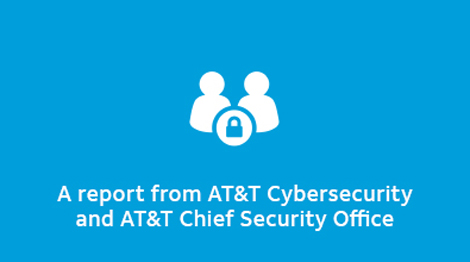Network Security Controls Based on Zero Trust
| | | | Tightly Control and Manage Access to Applications and Services with Zero Trust | | | | | |  | As businesses increasingly embrace mobile, cloud, and edge computing, network traffic patterns are changing. This is due to the expectation for anytime, anywhere access to the network and the emergence of technologies that require security to be delivered closer to individual users, devices, applications, and data.
Enterprises are also wrestling with an increasingly large and complex attack surface, and security leaders are looking for ways to simplify processes and policy, consolidate security tools, and minimize risk while also being able to more quickly adapt to the unforeseen threats that arise with new technology.
This paper outlines the AT&T Chief Security Office's current point of view on how to manage that control, including best practices. It includes: | - Elements from several industry frameworks
- The increasing importance of implementing effective network security controls based on Zero Trust (ZT) principles, and why they cannot be superimposed on legacy network infrastructure and operations
- The value in the ability to manage and control access to the business without creating friction that could hinder day-to-day operations and workflow
- Critical concept areas related to access control that should be considered
| Whether beginning your journey or continuing down the path of migration to a ZT environment, this paper can help in your quest. | | | | | | | | | | | | Live webcast: Looking to the Future of Cybersecurity, the Network, and SASE
Join us on Tuesday, April 20th at 12 PM CDT | | | | | | |

No comments:
Post a Comment